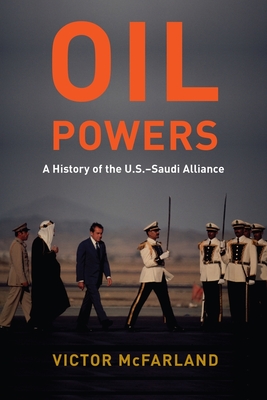Expedite your nonfiction book discovery process with Readara interviews, summaries and recommendations, Broaden your knowledge and gain insights from leading experts and scholars
In-depth, hour-long interviews with notable nonfiction authors, Gain new perspectives and ideas from the writer’s expertise and research, Valuable resource for readers and researchers
Optimize your book discovery process, Four-to eight-page summaries prepared by subject matter experts, Quickly review the book’s central messages and range of content
Books are handpicked covering a wide range of important categories and topics, Selected authors are subject experts, field professionals, or distinguished academics
Our editorial team includes books offering insights, unique views and researched-narratives in categories, Trade shows and book fairs, Book signings and in person author talks,Webinars and online events
Connect with editors and designers,Discover PR & marketing services providers, Source printers and related service providers

Oil Powers: A History of the U.S.-Saudi Alliance
History > United States - 20th Century
- Columbia University Press
- Paperback
- 9780231197274
- 8.9 X 5.9 X 1 inches
- 1.1 pounds
- History > United States - 20th Century
- (Single Author) Asian American
- English
Readara.com
Book Description
Connecting foreign relations and domestic politics, McFarland challenges the view that the U.S.-Saudi alliance is the inevitable consequence of American energy demand and Saudi Arabia's huge oil reserves. Oil Powers traces the growth of the alliance through a dense web of political, economic, and social connections that bolstered royal and executive power and the national-security state. McFarland shows how U.S. and Saudi elites collaborated to advance their shared interests against rivals at home and abroad. During the 1970s, as higher oil prices enriched the Saudi government, destabilized the American economy, and changed the balance of power in the Middle East, leaders of both countries responded by consolidating their alliance. Facing objections from their own people, Washington and Riyadh chose to shield their partnership from public oversight and accountability. While American support empowered the Saudi royal family and helped the kingdom expand its influence across the Middle East, Saudi elites also encouraged a rightward shift in U.S. foreign and economic policy--with profound long-term effects. Oil Powers reveals the role of the U.S.-Saudi alliance in laying the groundwork for American military involvement in the Middle East and the entrenchment of a global order fueled by oil.
Author Bio
Victor McFarland is an associate professor in the MU Department of History. His research interests center on energy, the environment, and U.S. relations with the Middle East, with a special focus on Saudi Arabia. His first book, Oil Powers: A History of the U.S.-Saudi Alliance, was published by Columbia University Press in 2020.
Originally from North Idaho, Dr. McFarland received his B.A. from Stanford University and his M.A., M.Phil., and Ph.D. degrees from Yale University. Before coming to the University of Missouri, he was a Miller Center fellow at the University of Virginia in 2012-13 and a Dickey Center fellow at Dartmouth College in 2013-14. In 2018-19 he served as a Warren Center faculty fellow at Harvard University.
Education
- Ph.D., Yale University
- M.A. and M.Phil., Yale University
- B.A., Stanford University
Source: University of Missouri
Videos




Community reviews
No Community reviews

